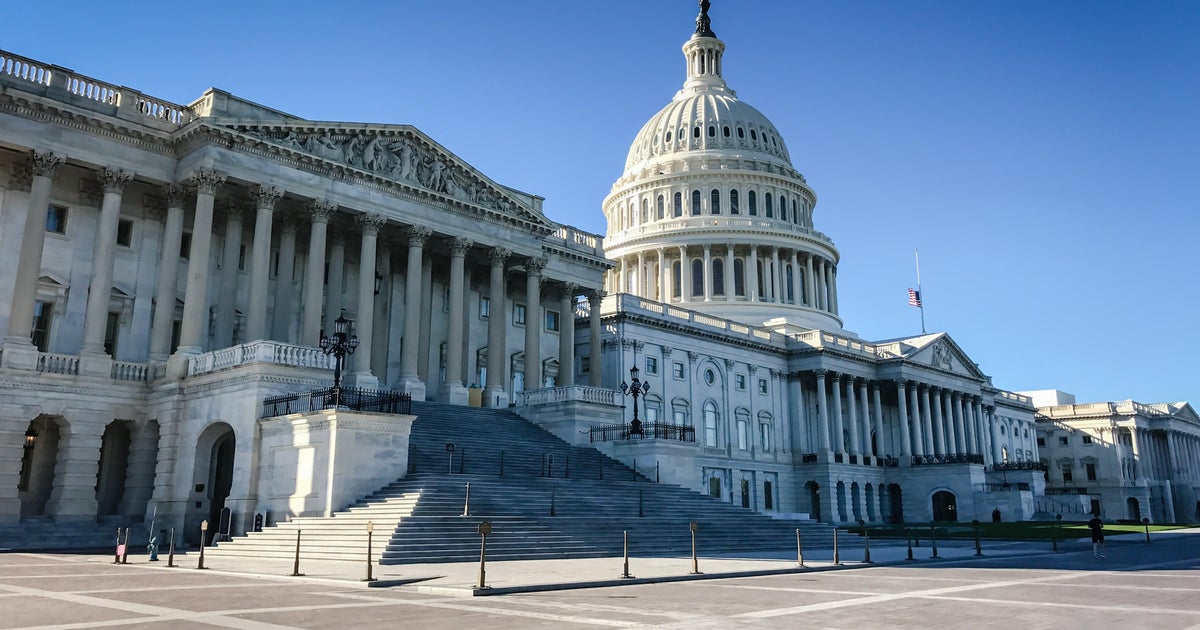U.S. Credit Rating Downgraded by Moody's Amid Rising Debt Concerns











2025-05-16T21:29:00Z

On Friday, Moody's Ratings issued a significant downgrade of the U.S. credit rating, lowering it from the highest rating of Aaa to Aa1. This decision underscores growing investor apprehensions regarding the government's escalating debt levels. The latest downgrade marks a pivotal moment in U.S. financial stability, eliciting a range of responses from political figures and economic analysts alike.
According to Moody's statement, this downgrade reflects a concerning trend that has developed over more than a decade, characterized by a significant increase in government debt and the ratio of interest payments, which now exceeds those of similarly rated sovereign nations. The credit rating agency pointed out that successive administrations and Congress have struggled to reach consensus on effective measures to address the persistent issue of large annual fiscal deficits and escalating interest costs, which have been a growing concern for economists and policymakers.
Moreover, Moody's stressed the current climate of heightened policy uncertainty, particularly influenced by former President Donald Trump’s shifting trade priorities. This uncertainty further complicates the fiscal landscape, leaving investors wary about the stability of U.S. financial policies.
Notably, Moody's downgrade follows similar actions by the other two major credit rating agencies. In August 2011, Standard and Poor's downgraded the U.S. from AAA to AA+, while Fitch Ratings similarly reduced its rating from AAA to AA+ in August 2023. Such downgrades reflect a broader trend of diminishing confidence in the U.S. government's fiscal management.
Moody's forecast indicates a troubling trajectory for federal deficits, projecting an increase from 6.4% of GDP in 2024 to 9% of GDP by 2035. This alarming assessment is attributed to a combination of factors including heightened interest payments on existing debt, rising entitlement spending, and a relatively low rate of revenue generation. These projections have ignited discussions among economists about the long-term sustainability of U.S. fiscal policy.
In response to the downgrade, White House spokesperson Kush Desai issued a statement to CBS News, criticizing the Biden administration and congressional Democrats for purportedly exacerbating the national debt through excessive spending on COVID-19 stimulus initiatives. Desai asserted that even economists from the Obama administration had cautioned against such fiscal irresponsibility, claiming that it has led to rampant inflation and necessitated increased interest rates that affect everyday Americans. He suggested that the Trump administration and Republicans are now focusing on remedying what they describe as Biden's fiscal mismanagement by targeting wasteful spending and pursuing legislative reforms aimed at restoring economic stability.
Compounding this financial turmoil, the House Budget Committee rejected a significant domestic policy bill proposed by President Trump on the same day. This bill aimed to extend the tax cuts established during Trump's first term. Moody's estimated that if the 2017 Tax Cuts and Jobs Act were to be extended, it would add approximately $4 trillion to the federal primary deficit over the next decade.
Additionally, the Congressional Budget Office has projected that federal debt held by the public will rise sharply from 100% of GDP to 118% by 2035, surpassing a previous peak of 106% registered in 1946. These figures paint a stark picture of a nation grappling with fiscal challenges unprecedented in modern history.
Despite the downgrade, Moody's did alter its outlook on the U.S. from negative to stable. The credit agency highlighted that the U.S. still possesses exceptional credit strengths, citing the size and resilience of its economy as well as the ongoing role of the U.S. dollar as the world's primary reserve currency. Another notable strength mentioned was the country’s solid track record of effective monetary policy, typically guided by an independent Federal Reserve, which has played a crucial role in maintaining economic stability.
In conclusion, the recent downgrade by Moody's Ratings serves as a wake-up call for policymakers, investors, and the general public about the pressing challenges facing the U.S. economy. With ongoing debates about fiscal responsibility and the path forward, the implications of this downgrade will likely continue to resonate in the halls of Congress and in financial markets around the world.
Megan Cerullo is a New York-based reporter for CBS MoneyWatch, where she covers a range of topics including small business, workplace dynamics, healthcare, consumer spending, and personal finance. She is a familiar face on CBS News 24/7, often providing insights based on her reporting.
 Marco Rinaldi
Marco Rinaldi
Source of the news: CBS News